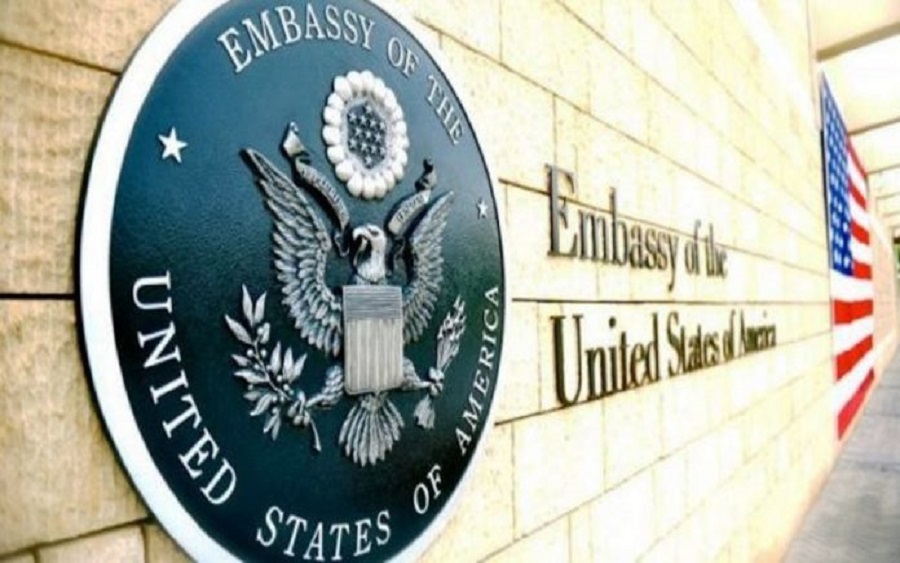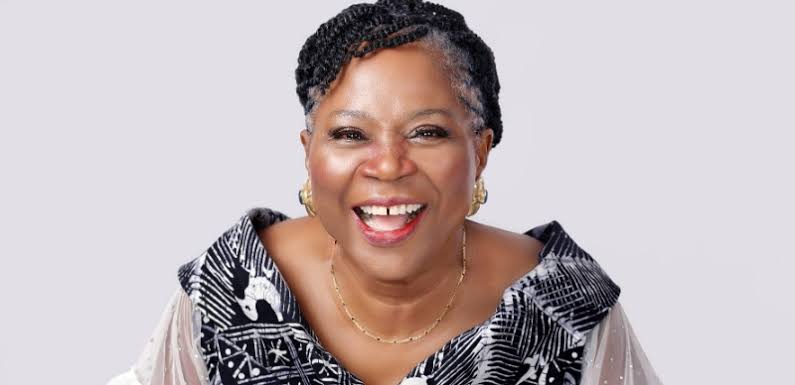In a heartwarming turn of events, a young Muslim woman has found support and guidance from her community following a distressing online dating experience that went viral on social media.
The incident began when a 23-year-old woman, identified only as Zainab, joined a live TikTok video with a man who claimed to be seeking a Muslim wife. Unaware that the interaction was being recorded, Zainab engaged in a conversation that later sparked controversy when it was shared widely online.
Following the video’s circulation, Zainab faced criticism from various quarters, including members of the Muslim community. Distressed by the backlash, she publicly pleaded for the video to be removed and explained that she had been unaware of the man’s true intentions.
In a positive development, a Muslim community member named Bello Tahir reached out to Zainab, offering support and understanding. Tahir provided a platform for Zainab to share her side of the story and offered guidance for her future.
“I want to help Zainab move forward from this experience,” Tahir stated. “Our community should focus on education and support rather than judgment.”
Tahir has reportedly offered to assist Zainab in finding a responsible spouse and invited her to join a WhatsApp group for Muslim women. This group aims to provide a safe space for learning, growth, and mutual support.
This incident has sparked meaningful conversations about online safety, particularly for young adults navigating the digital world. Community leaders and educators are emphasising the need for increased awareness about the potential risks of online interactions and the importance of digital literacy.
“This situation serves as a reminder that we must educate our youth about online safety,” said a local imam who wished to remain anonymous. “It’s crucial that we create an environment where young people feel comfortable seeking guidance from their families and community.”
As Zainab begins to heal from this experience with the support of her community, many hope this incident will lead to positive changes in how online interactions are approached and how communities respond to those victimised online.







